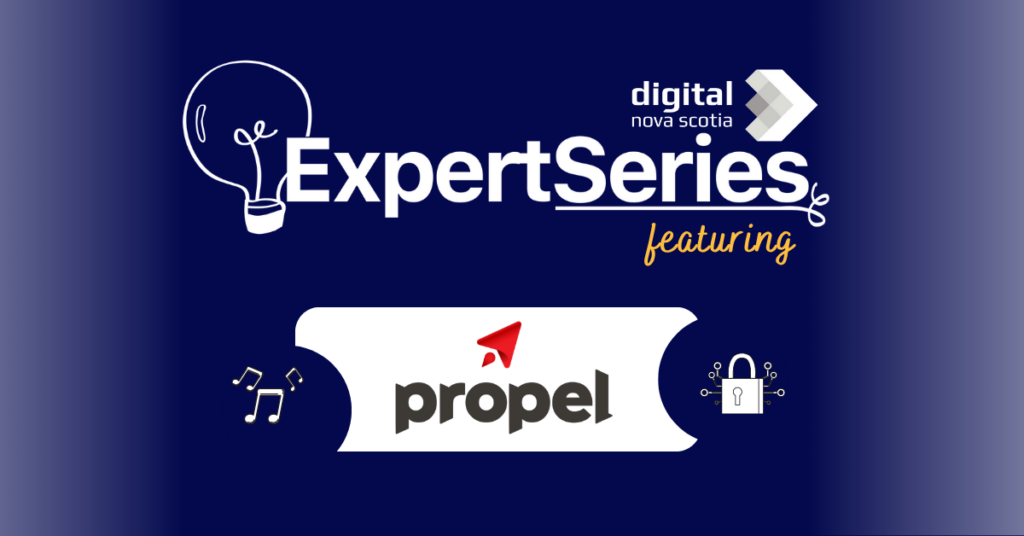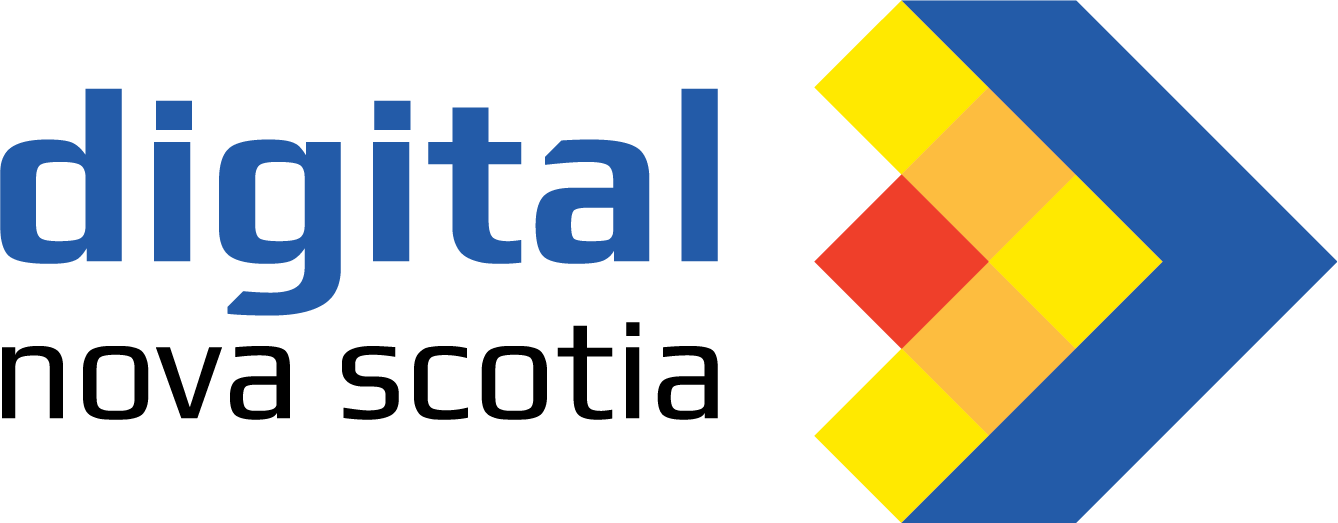
January 29, 2024
 These guest blogs are written by leaders in our sector, sharing their expertise and insights through the DNS platform. This edition has been written by Charlotte Murray, Chief Coaching Officer with Propel.
These guest blogs are written by leaders in our sector, sharing their expertise and insights through the DNS platform. This edition has been written by Charlotte Murray, Chief Coaching Officer with Propel.
Propel is Atlantic Canada’s virtual tech accelerator, where the team has created programming that focuses on the unique needs of founders and what they require to go further, faster. Propel’s team of five coaches based throughout Atlantic Canada help entrepreneurs build their sales and marketing skills, reach and engage customers, and ultimately, drive traction.
Building a Startup in 2024: De-risking the Journey
Failure is a heavy word. We avoid it at all costs, for obvious reasons. In today’s volatile economy we are seeing plenty of it in the Canadian startup ecosystem. Founders are chasing capital, managing very difficult and tight cash flow situations, and stretching every dollar to avoid failure. But it happens.
Back in 2016 my own startup failed. Our lead investor pulled out within days of having the cash in the bank. It was devastating, going from $1.2M in seed funding to $0 overnight. We were just beginning to gain some momentum in the market, we were on the verge of defining our ideal customer, what the sales process looked like, and how to adjust our pricing strategy. We were just beginning to learn about what friction there was in our onboarding process, and were going to test a new onboarding process with our next cohort of customers. Instead, we had to manage how to communicate with our team this very difficult news, and customer expectations that we were going to cease support. It was a very difficult time, my early (and very harsh) lesson on the resilience required to be a founder, to do the tough work while facing failure straight on. I am grateful to have had the support from other founders and mentors who helped me navigate that time.
There are many reasons startups fail, and funding is one of them. So how does a founder de-risk the journey and learn from a failed venture? At Propel, when we meet later-stage companies seeking help after a setback, it’s often because the company has skipped or sped through the step of validating how big the problem is in the market. Validating the problem in the market is essential to gaining real traction. It will help in navigating the more difficult times when raising capital becomes more challenging, as we are seeing today. Skipping the step of validating the problem with your customer only increases the risk that you are building just a vitamin instead of a painkiller.
To be clear, customer validation is not about asking a potential customer if they like what you are building, because that sets you up for a pleasant ‘yes that’s interesting’. We call this “happy ears”. It’s also not about sending a survey to receive yes/no responses about your product. Instead, customer validation is digging into assumptions around your business, about the problem you are solving, and really figuring out whether your assumptions are true or false.
The process of customer validation is one of the foundational building blocks we focus on at Propel, and why I’m so passionate about working with founders to ensure they are putting their resources and energy into something that the market wants and that customers are willing to pay to solve. Customer discovery also does not end at the ideation stage, it continues throughout the lifecycle of working with that customer; it’s simply the questions that change.
Each day we are working with founders in developing their resilience, patience, focus and ability to execute. We help them view each experiment as an opportunity to learn. Learning can come from validating or invalidating an assumption, and learning can come from failure.
In Ash Maurya’s words, we encourage founders to “love the problem, not the solution”. As we move into an exciting 2024, we encourage our founders to leverage as much customer discovery as possible to validate (or invalidate) assumptions before beginning to build a product. Customer insights will help them build the right product, and this in turn will help them raise funds, show real traction and ultimately, see success.
